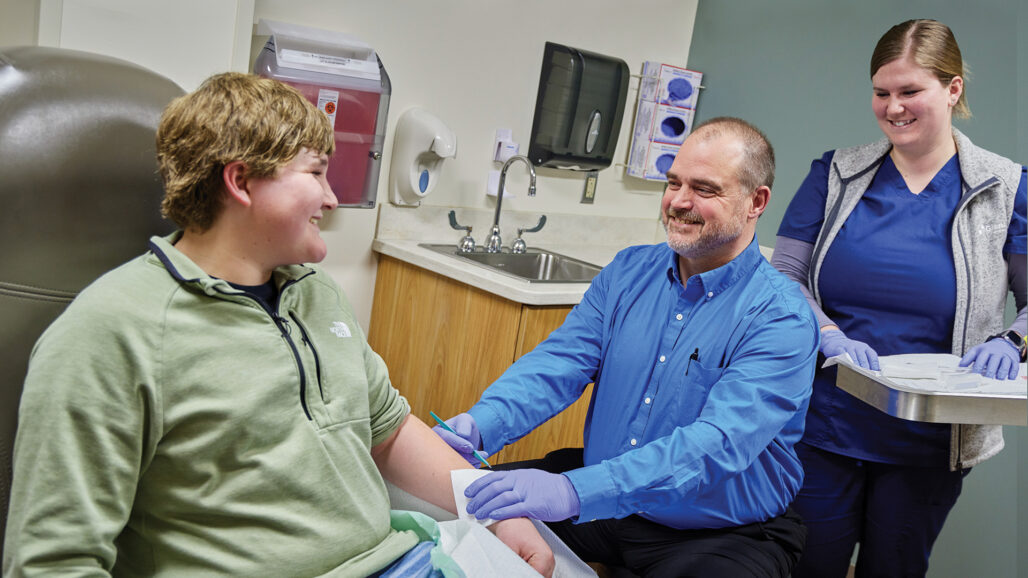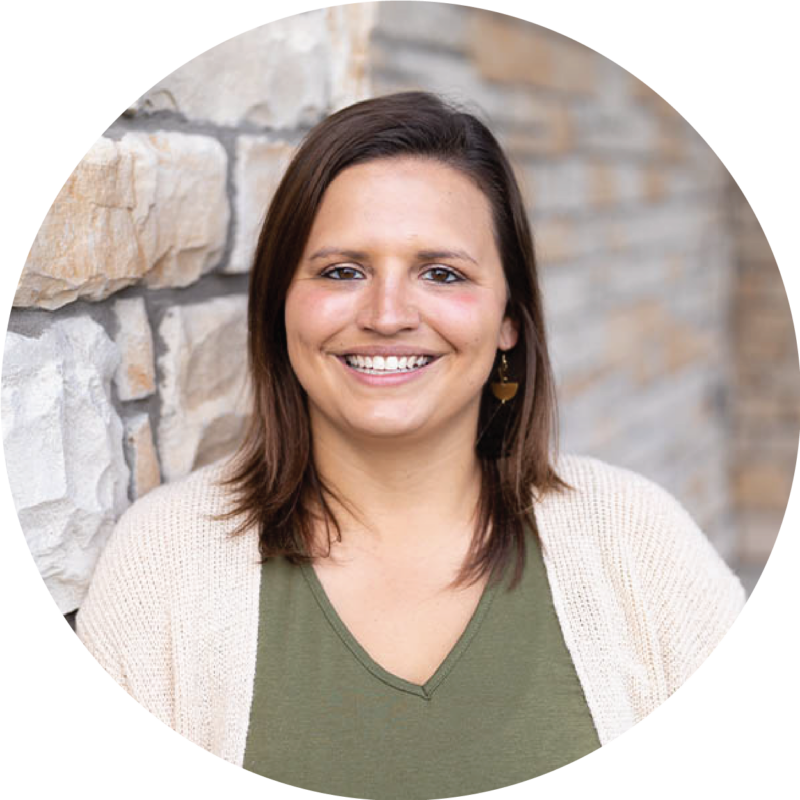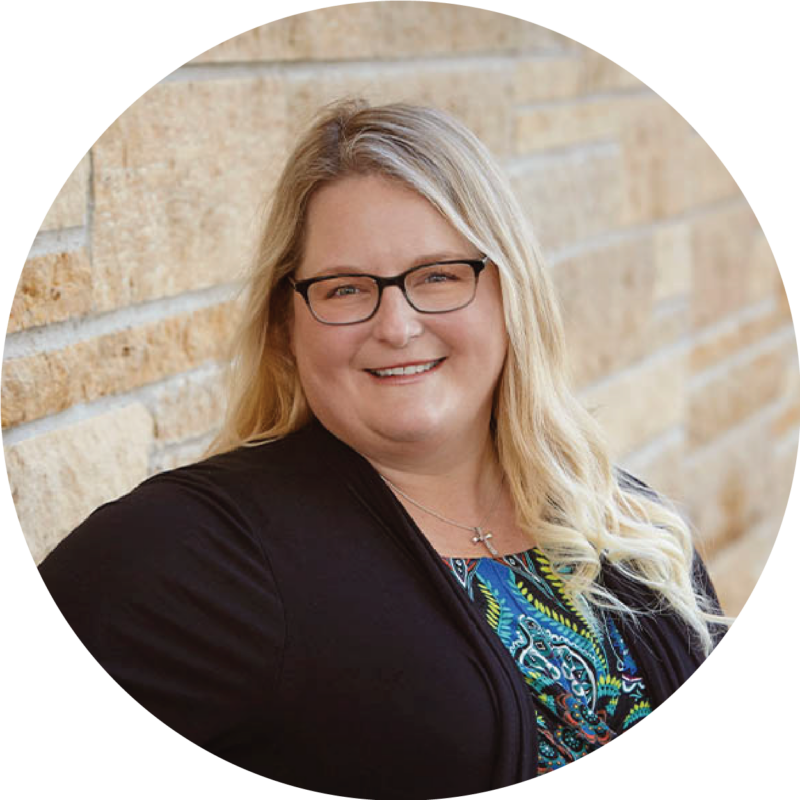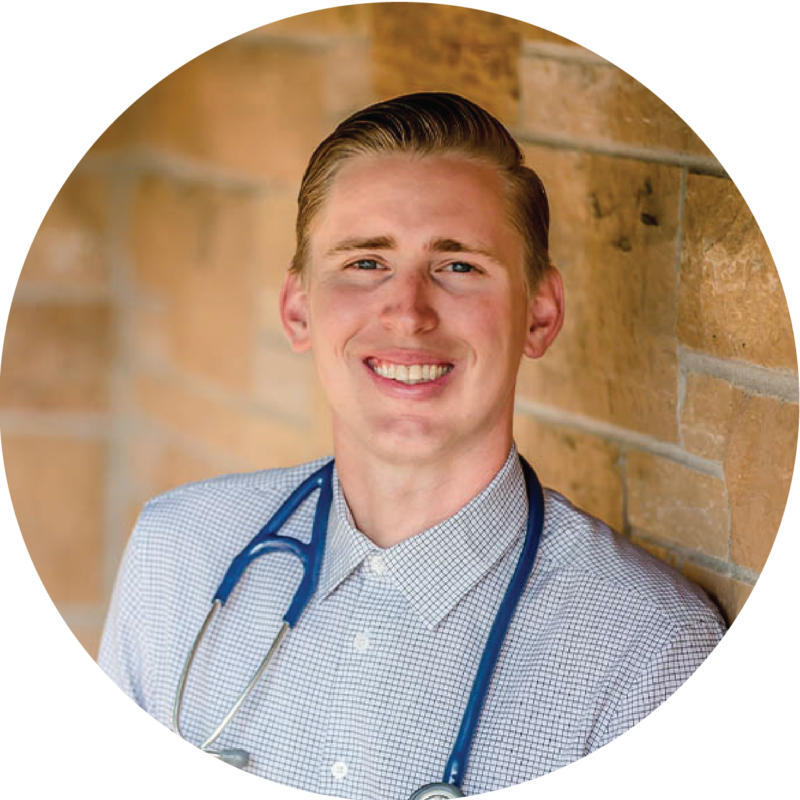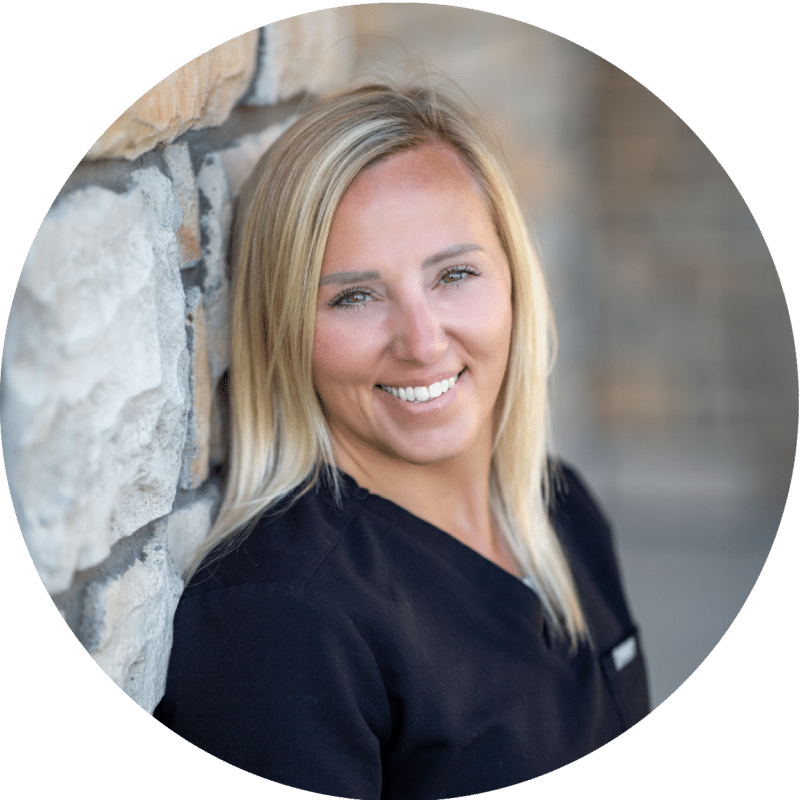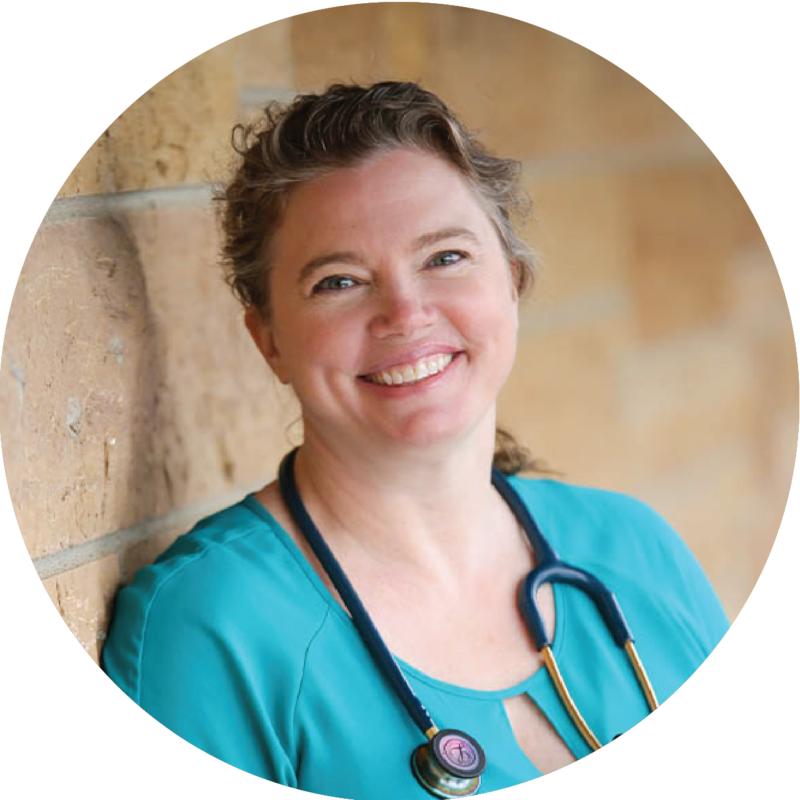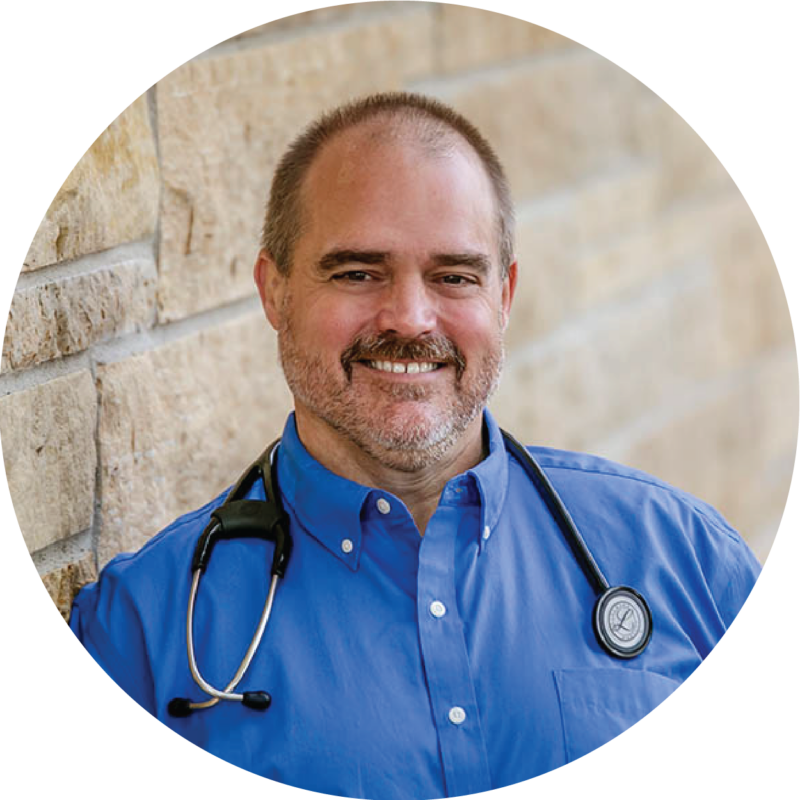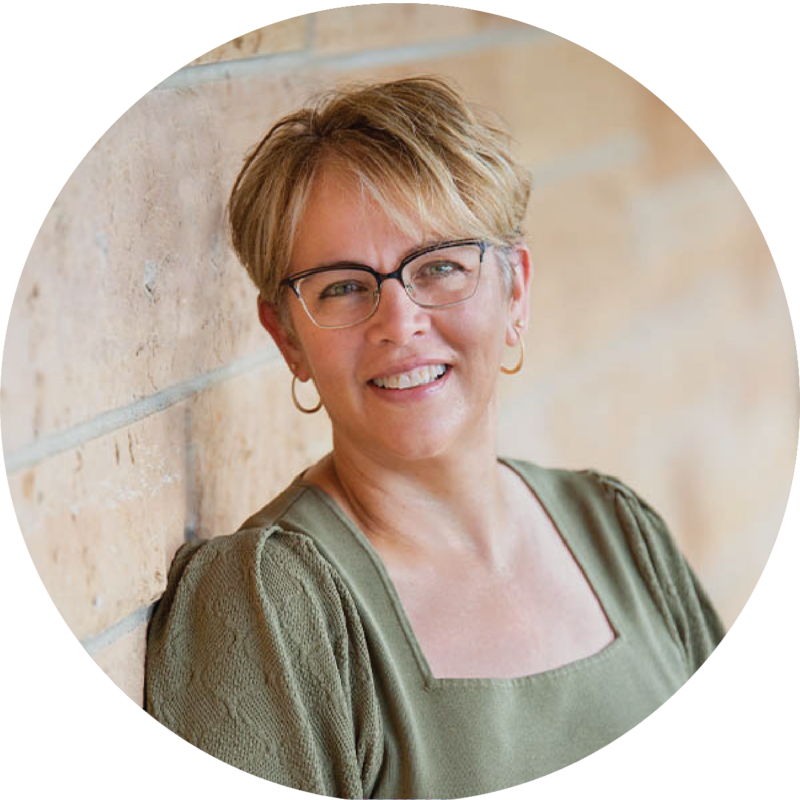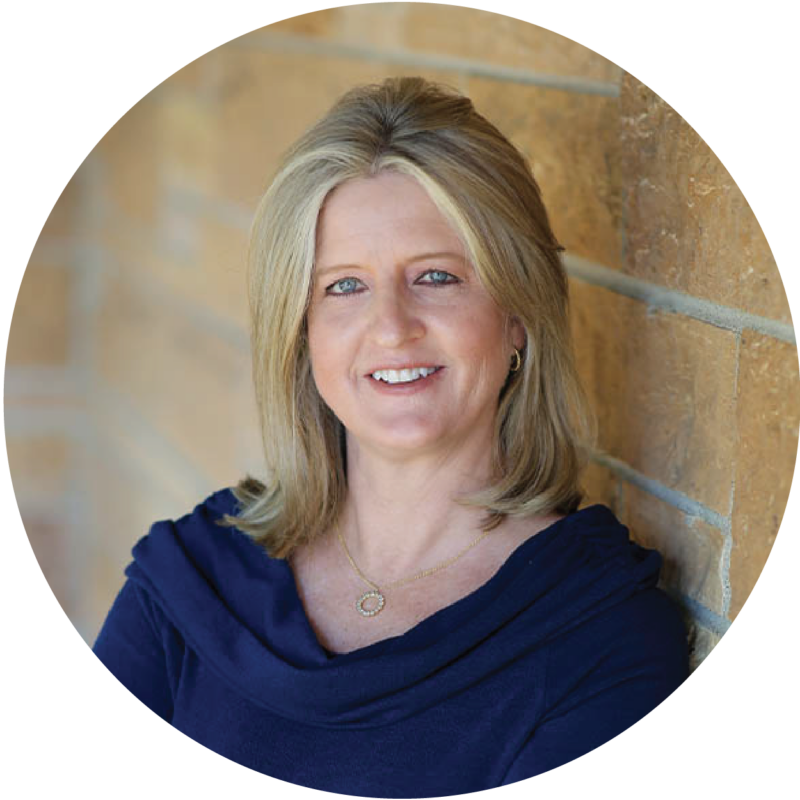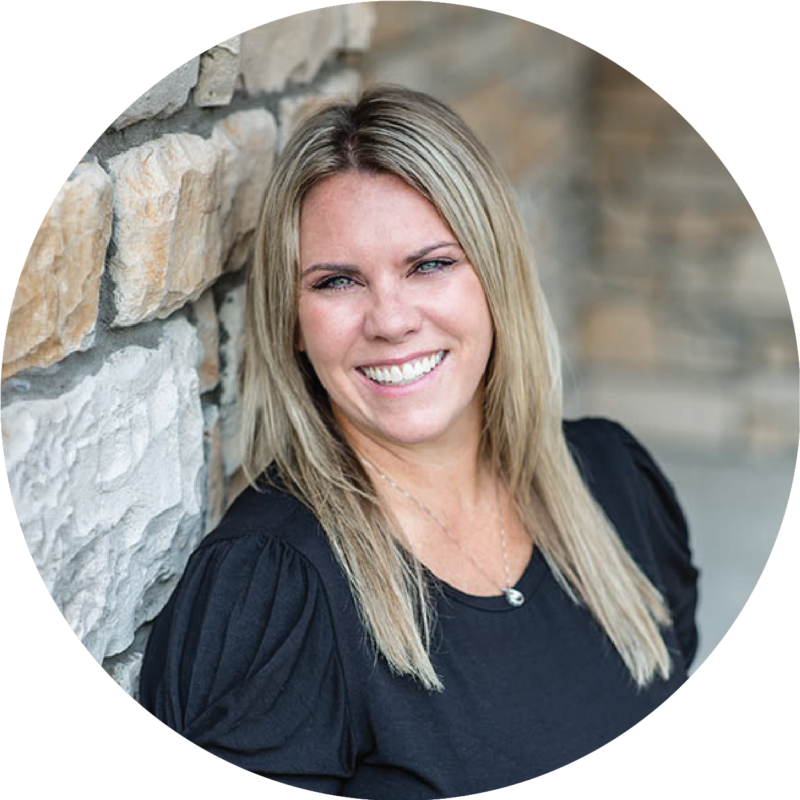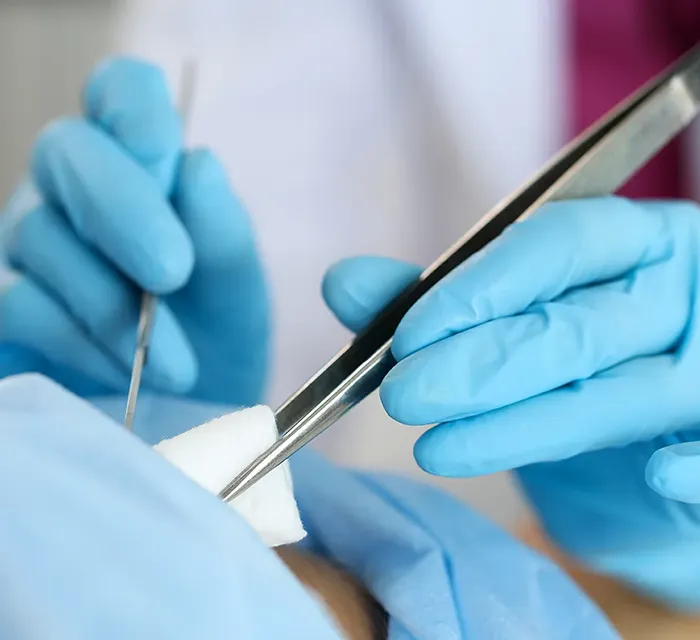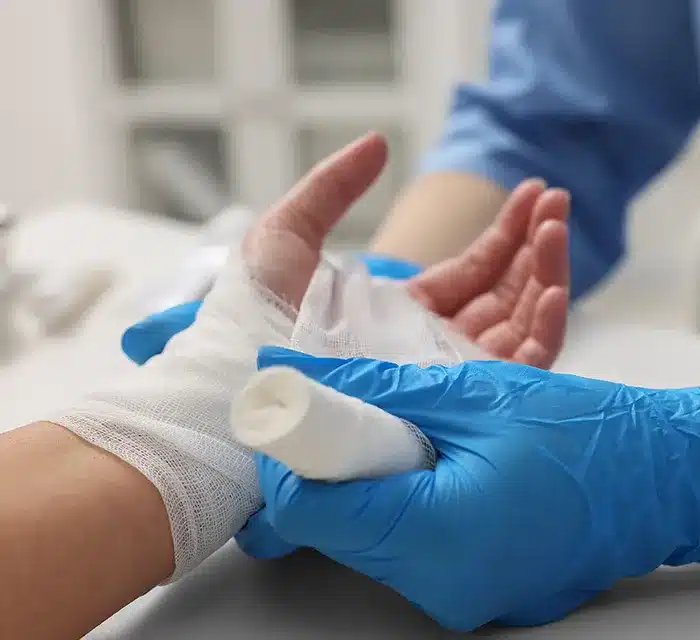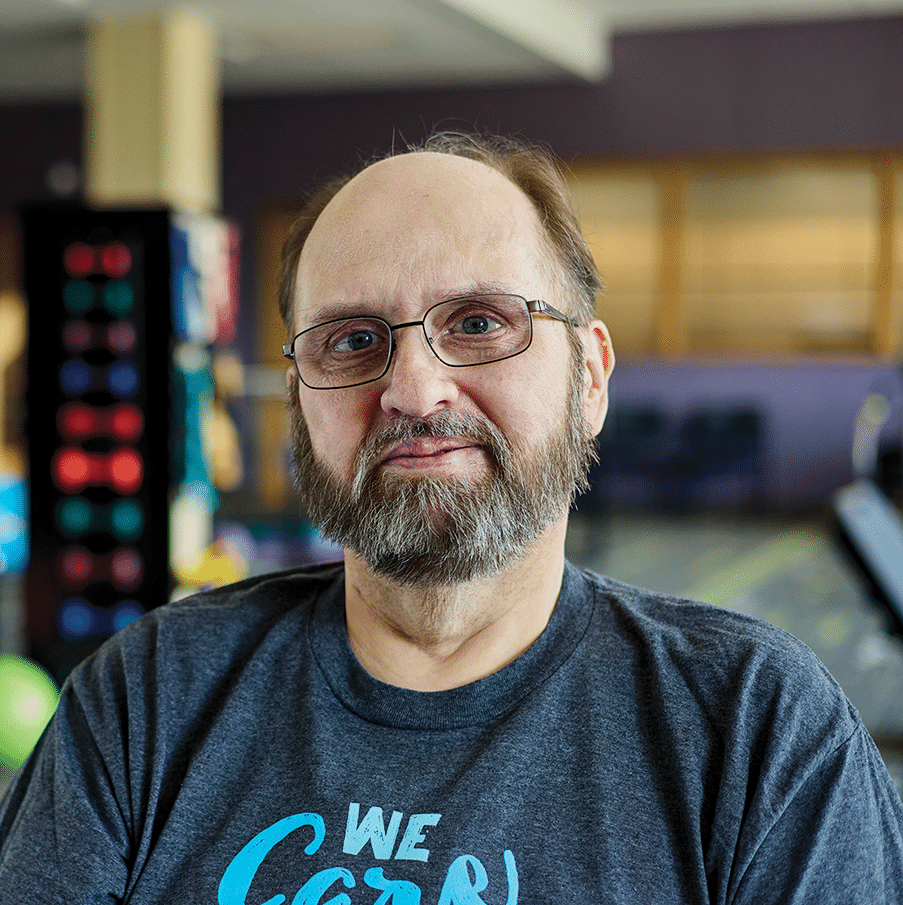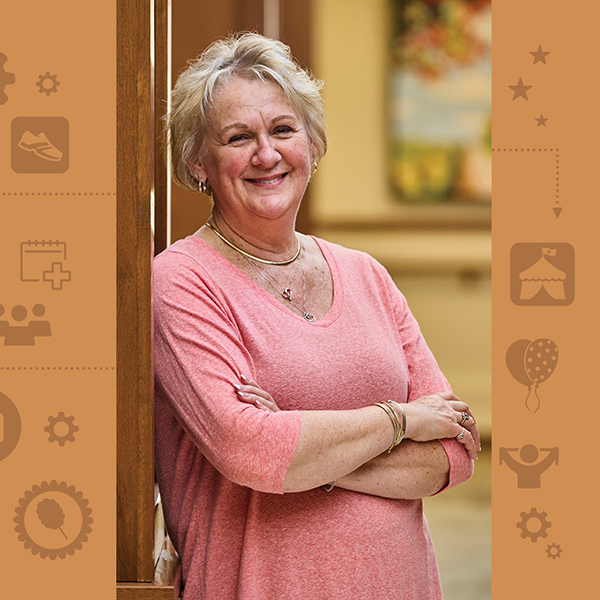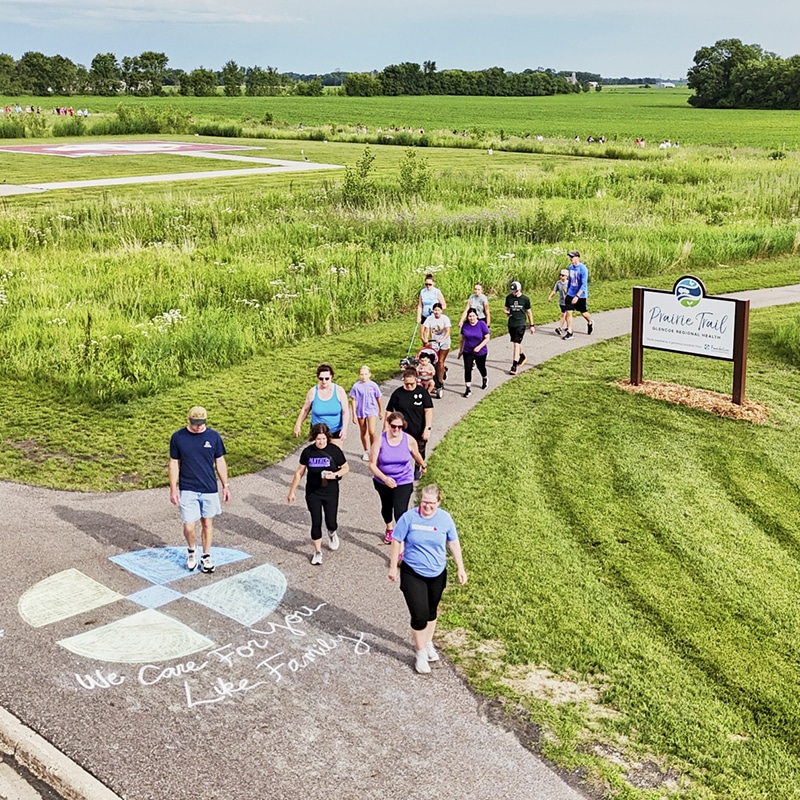Referrals
Referrals are accepted, but not required.
Providers and facilities may fax referral forms to 320-864-7140.
Service Area
Our primary service are is McLeod County, Minnesota including: Biscay, Brownton, Glencoe, Hutchinson, Lester Prairie, Plato, Silver Lake, Stewart, and Winsted. We also service parts of Sibley County, including: Arlington, Gaylord, Green Isle, New Auburn, and Winthrop, as well as the western part of Carver County, including: Hamburg, Norwood, and Young America, and part of Renville County, including: Buffalo Lake, Fairfax, Bird Island, and Olivia. Our Wound Center also serves parts of Brown County, including: New Ulm, Sleepy Eye, as well as Mankato in Blue Earth County.
Our Wound Center
Healing is the body’s natural process of repairing itself after skin and other tissues have been damaged. However, a variety of physical conditions can interfere with the healing process. These include poor blood circulation, diabetes, infection, immobility, nerve damage, and previous radiation therapy.
Conditions Treated in Our Wound Care Center
Patients come to our Wound Center when standard wound treatments have failed.
The following types of wounds and other conditions often require advanced treatment when healing has been delayed due to underlying conditions such as poor circulation, diabetes, infection, immobility, nerve damage, and previous radiation therapy:
- Surgical incisions
- Traumatic injuries
- Burns
- Wounds complicated by vasculitis, a form of inflammation in the blood vessels that decreases blood flow throughout the body
- Ostomy care and management – this a surgical procedure to reroute urine or stool and gas outside of the body through an opening called a stoma
- Lower extremity lymphedema – excess fluid and swelling in the legs and feet
- Wounds affected by Peripheral Arterial Disease (PAD)
- Radiation effects – tissue damage can develop years after a patient has received radiation therapy as part of their cancer treatment, affecting how wounds heal
- Ulcers – this is a general term for wounds on the skin or internal organs that fail to heal. Skin ulcers most commonly appear on the legs and feet. They can have a variety of causes and contributing factors that must be considered when planning treatment:
- Diabetic ulcers – wounds that result from nerve-tissue and blood-vessel damage caused by diabetes
- Ischemic ulcers – wounds that don’t heal well due to poor delivery of nutrient-rich blood through the arteries to the lower extremities
- Neuropathic ulcers – wounds on the pressure points of the feet that occur when nerve-cell damage results in a lack of sensation in the foot, so the patient doesn’t feel the developing wound
- Pressure ulcers – also called bedsores or pressure sores, these wounds result from pressure on the skin caused by staying in one position for too long
- Venous ulcers – wounds that occur when veins don’t push blood back up to the heart effectively
Treatments Provided in Our Wound Care Center
Our wound care team helps patients with wounds and other conditions heal as quickly as possible, using the following advanced techniques:
- Bio-engineered skin grafting
- Compression therapy
- Debridement (removing dead or damaged tissue)
- Hyperbaric oxygen therapy
- Lymphedema Therapy
- Negative pressure wound therapy
- Non-invasive vascular assessment
- Prescription growth factors
- Specialty dressings
Insurance Coverage for Wound Care
Most of our treatments are covered by Medicare, Medicaid, and private insurance plans. We encourage you to contact your insurance provider for details.
What to Expect From the Wound Care Process
The Role of Your Wound Care Provider
At your first appointment in the Wound Center, we will evaluate your health status, medical history, and wound. We may perform tests to tell us more about your wound, such as measuring blood flow to the wound or testing your tissue to see if an infection is present.
A provider or nurse practitioner with training in advanced wound care techniques will use the results of this evaluation, as well as any notes from your referring provider or facility, to develop a customized treatment plan to best address your specific situation. You will have an appointment with this provider once a week until your wound is healed. This provider will also supervise your care by other members of our Wound Center team.
Your Role in the Wound Care Process
You will play an important role in healing your wound. We will give you instructions about what you should do at home to keep your healing process on track and prevent future wounds. It is important that you keep all of your wound care appointments and follow home care instructions to get good results.
Monitoring Your Progress
When you come in for your weekly appointment, we will document your progress and adjust your treatment plan as-needed to give you the best outcome in the shortest amount of time.
The Wound Center at Glencoe Regional Health is a member of the Healogics™ Network. With nearly 600 affiliate centers nationwide, Healogics is the nation’s largest provider of advanced wound healing services.

